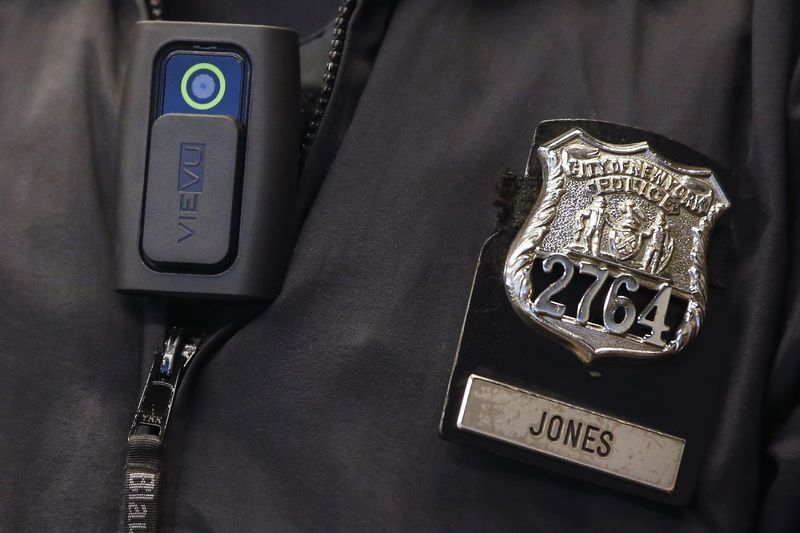By Chris Kenning
CHICAGO, July 26 (Reuters) - Minneapolis officials set stricter police body camera rules on Wednesday, more than a week after officers failed to activate cameras during the fatal police shooting of an Australian woman.
Mayor Betsy Hodges and acting Police Chief Medaria Arradondo said the new policy will require officers to turn on cameras anytime they are dispatched to a call or undertake any self-initiated activity. The new policy takes effect on Saturday.
"What good is a camera if it is not being used when it may be needed the most?" said Arradondo, who acknowledged that some officers were not using the cameras frequently enough.
Justine Damond was shot shortly before midnight on July 15 by an officer responding to an emergency call she had placed about a possible assault in her residential neighborhood. The shooting sparked outrage in Australia and Minnesota. said officer Mohamed Noor shot the 40-year-old woman through the window as she approached his patrol car. Neither his nor his partner's body camera were on, nor was dashboard camera activated.
The incident, still under investigation, led Hodges to request the resignation of the city's police chief.
Minneapolis rolled out cameras late last year with use guidelines calling for officers to activate them "when safe" in a variety of situations including traffic stops, emergency responses, vehicle pursuits, searches and before any use of force. said supervisors were being trained to audit the use of the cameras.
"Many of our officers are using our cameras a lot," he said. But some officers, he said, are failing to use them enough.
The new policy will still include some exceptions, but will reduce the amount of discretion officers have in using them, officials said.
The technology has been adopted by police departments across the country, increasing sharply after the 2014 police shooting of a teenager in Ferguson, Missouri, sparked demonstrations over police treatment of minorities.
At least 14 people were killed in the United States by officers wearing body cams that were either not turned on or inoperative since 2014, the American Civil Liberties Union said in December. Even so, that was a tiny fraction of police-involved shootings.
Jim Pasco, a senior adviser with the Fraternal Order of Police, said recently that noncompliance among police was not widespread nationally. A Pew Research Center report earlier this year found 66 percent of police supported the use of body cameras.
